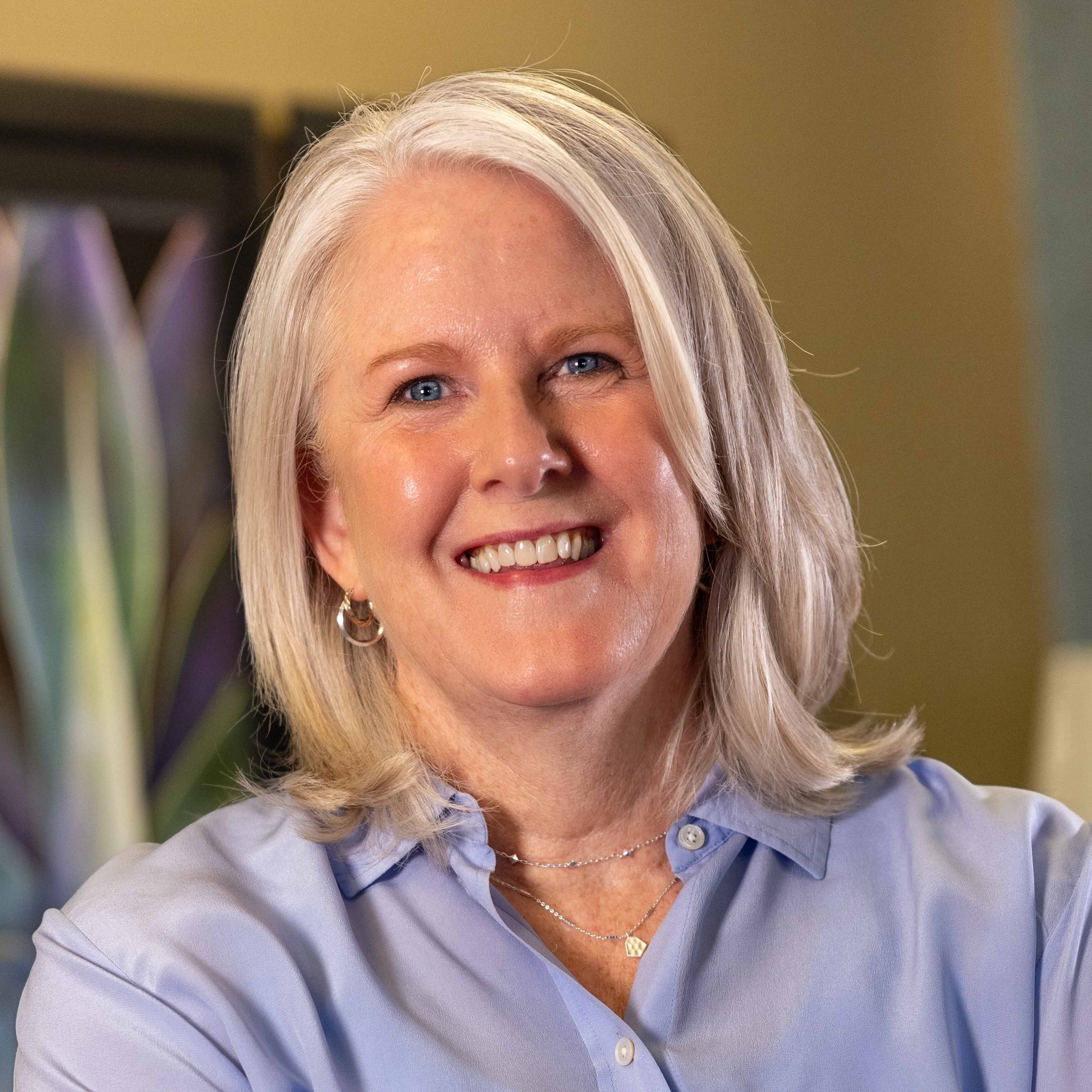
So you’ve managed your finances and saved for your future. Nice work! But now that you are looking ahead to retirement, you may like to find a financial advisor who can help you maximize your resources and offer solutions that are tailored to you.
Often people come to us when they are in a similar place as you. They’ve managed their finances, but they are now looking ahead at their financial picture and realize things have become too complex for them to manage on their own. This is the perfect time to start looking into a financial advisor to help you understand your options, suggest methods to improve your situation, and take care of your investments.
Knowing when you need a financial partner is one thing, but actually finding the right one is another thing. In choosing a financial partner, there are several things to keep in mind.
Does your financial professional have the expertise you need?
When you need to have your knee replaced, it’s comforting to go to a surgeon who has replaced hundreds of knees. They know the process, will likely be efficient, and also know how to handle sticky situations that might arise.
It’s the same with a financial advisor. Check out how long your advisor has been in the industry and how much experience they have with your particular situation. If you’re looking to retire in a few years, here are some questions you might ask. Who’s their ideal client? How many people have they and their firm helped transition into retirement? How will they go about determining if you have enough to retire? How will they help you create an income stream? What are some of the pitfalls of retirement and how might you avoid them? If your advisor is more experienced in helping clients accumulate wealth rather than helping them with de-cumulation in retirement, they may not be the right fit.
Is your financial professional a fiduciary and will they put your interests ahead of theirs?
An Investment Advisor Representative (Advisor) works for a Registered Investment Advisory (RIA) firm. An Advisor has a fiduciary duty and by law is obligated to put your interests ahead of their own. Typically, these Advisors are paid only by the client and do not accept payments for the sale of investment products.
Other financial professionals are Registered Representatives who work for a broker-dealer and are required to have a reasonable basis to believe that their recommendations are in the customer’s best interest. These professionals may receive commissions from the sale of an investment product. Some Registered Representatives may be a fiduciary in some circumstances and not in others.
Questions you can ask a potential financial professional are: “Are you a fiduciary?” “Are you always a fiduciary?” “How will you choose investments to recommend to me?” “What is your relevant experience, including your licenses, education and other qualifications?” “What do these qualifications mean?” “What fees will I pay?”
IS YOUR PROFESSIONAL A GOOD FIT FOR YOU?
The best way to work with a financial advisor is to open up to them and share your values, priorities, and goals. That way they can help you create a plan that works for your life and is something you are more likely to stick with. If something concerns you, it’s best to let your advisor know. If your advisor uses industry acronyms, talks down to you, or otherwise intimidates you, you may be less likely to share personal information with them. Without really knowing you, your advisor may not be able to tailor a plan that best meets your needs.
When looking for an advisor, you may want to work with one who is empathetic, non-judgmental, listens to you, and is willing to hear your story and your concerns. Doing so will enable them to tie your plan back to your values and your dreams, suggest things you may not have considered, and help you stay on track with your goals.
Does your financial professional have a bench?
While I’m not big on sports analogies, I have played sports enough to know each team member performs different functions. A pitcher has different skills from the catcher but both are important. In the financial world, one person can only know so much. Your advisor can help you create an overall financial plan while their investment team can create your optimal investment portfolio. They work together, as a team, to provide you with the best guidance possible.
Most financial firms will assign you to a specific advisor so that one person can get to know you well to better help you reach your goals. But what happens if that advisor is on vacation, out on medical leave, or retires? It’s great to build a bond with an advisor to really get to know you, but your best bet is to choose an advisor that collaborates with their firm’s colleagues who can support you when the advisor must be unavailable. A firm that has a succession plan is one that takes the care of its clients into the future.
Does your financial professional understand taxes and estate planning as well as investments?
The best way to work with a financial advisor is to open up to them and share your values, hopes, dreams, and goals. That way they can help you create a plan that works for your life and is something you are more likely to stick with. If something concerns you, it’s best to let your advisor know. If your advisor uses industry acronyms, talks down to you or otherwise intimidates you, you may be less likely to share personal information with them. Without really knowing you, your advisor may not be able to tailor a plan that best meets your needs.
When looking for an advisor, you may want to work with one who is empathetic, non-judgmental, listens to you, and is willing to hear your story and your concerns. Doing so will enable them to tie your plan back to your values and your dreams, suggest things you may not have considered and helped you stay on track with your goals.
Does your financial professional understand taxes and estate planning as well as investments?
Some advisors are paid by their firms to recommend their investment products, but they don’t put as much stock in other aspects of money—such as cash flow, insurance, charitable giving, estate planning, and how taxes intersect everything. If your advisor doesn’t ask you about these other items, you may be missing out on some key aspects to money management and perhaps not taking advantage of opportunities to lower your tax bill. If your financial advisor isn’t keeping you up to date with tax changes, you may have outgrown them.
For example, we have clients who have retired early and have yet to start Social Security. If they have enough assets to live off their savings, they may have very little income. This is a perfect circumstance to convert funds from their taxable Individual Retirement Account (IRA) to a Roth IRA and pay very little tax. In doing so, they have moved funds from an account that they must pull money out of after the age of 70 and pay ordinary income tax in a potentially higher bracket, to an account from which they will never pay taxes again, and they did so at a lower tax rate. If their advisor doesn’t pay attention to taxes they may have missed this maneuver and lost the opportunity to save on taxes.
Pro-Tip: Look for an advisor that has the CERTIFIED FINANCIAL PLANNER™ designation (CFP®). These professionals are educated in 72 different areas of finances and can look at your financial plan holistically.
Does the advisor keep up with the times and offer sustainable investing?
The world is changing and the norm that companies operate exclusively for shareholder value is starting to give way. With income inequality and a potential climate crisis upon us, the investment method of using Environmental Social Governance (ESG) screens is gaining in popularity. ESG investing considers the profitability of a company as one factor in determining if it’s a good investment. The other factors include:
- Environmental: Is the company a good steward of the environment?
- Social: How well does the company treat its employees, customers, and suppliers?
- Governance: How well is the company run by the board and management and do the corporate incentives align with business success?
If this type of investing resonates with you, is your advisor able to accommodate you and help you explore various investment strategies, or do they only know about and offer traditional investments?
Employing a Financial Advisor is a big decision that could help you meet your goals and set your family upon a sound financial path. You will want to find one that is a good fit for you, that puts your interests first, and will help you with all aspects of money.



